'Not a small problem': New research highlights country's crossroads with female artists
- Oops!Something went wrong.Please try again later.
About 1,000 miles from Nashville, Tennessee's Music Row, University of Ottawa musicologist and information scientist Jada Watson is — of the many intellectuals currently serving as checks and balances of sorts against country music's mainstream industry — the furthest person removed from what many call a century of cis-gendered, male-led aggression against the hopes and dreams of 99% of women and marginalized people aiming for success in country music.
The attempts of many (including authors Marissa Moss, Charles L. Hughes, Amanda Martinez, and Francesca Royster) at developing subtle evolutions driven by social change into a wholesale revolution that achieves total equity for all are picking up steam. However, to what end are they reaching their desired goals, or can they ever achieve them?

Watson's latest gender-based critique of country's radio industry — along with Jan Diehm of The Pudding — is "They Won't Play a Lady-O on Country Radio: Examining Back-to-Back Plays by Gender, Race, and Sexual Orientation."
The study occupies a fascinating perspective given moves in the past decade by the genre to solve for reparational equity for female and marginalized artists who perceive themselves as long-aggrieved by country's establishment.
Industry growth since August 2019 has seen female artist representation grow from 20% of the songs on Billboard's Country Airplay Chart to 20% of the No. 1 singles on the chart. However, this does not solve the fact that women are still not heard back-to-back on the same radio dials on which they reign supreme more often than they have in 50 years.
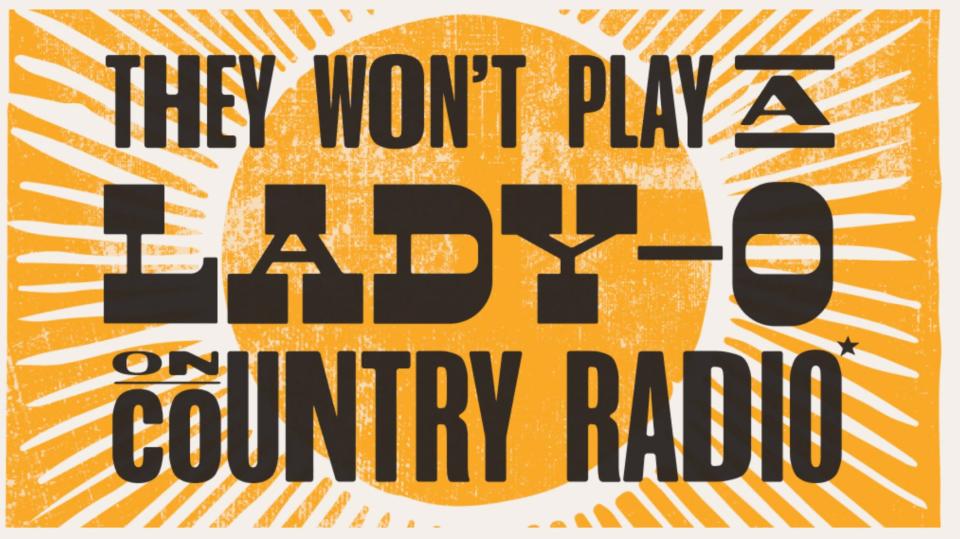
Country music 'has a history of platforming the same two or three female artists as stars'
"[Country's mainstream industry] has a history of platforming the same two or three female artists to the lack of benefit and potential disillusionment of so many more," Watson tells The Tennessean, part of the USA TODAY Network.
To wit, the top of country's charts currently highlights both Lainey Wilson and Megan Moroney, a decade after Miranda Lambert and Carrie Underwood, following the turn of the 21st century run of Shania Twain and Faith Hill.
Radio's current favorites like Moroney and Wilson aren't tabbed as stars as quickly as their male counterparts, like country radio chart-topping mainstays Morgan Wallen (whose songs are currently played back-to-back in blocks on country's radio dial) and Luke Combs (who could average two No. 1 singles a year for the past seven years by 2023's close).
Wilson's development to country superstardom followed the 64-week rise of her 2020 single "Things a Man Oughta Know" to the top of Billboard's Country Airplay charts. Moroney's debut major label single, "Tennessee Orange," has impacted various Billboard charts for the past nine months and has only recently topped country's radio charts.
Look even deeper at the Academy of Country Music's 2023 New Female Artist of the Year Hailey Whitters. Her single "Everything She Ain't" is a year into charting and is only now within the Top 25.
Women continuing to lack prime radio rotation spots or taking years to receive them sets a damning precedent.
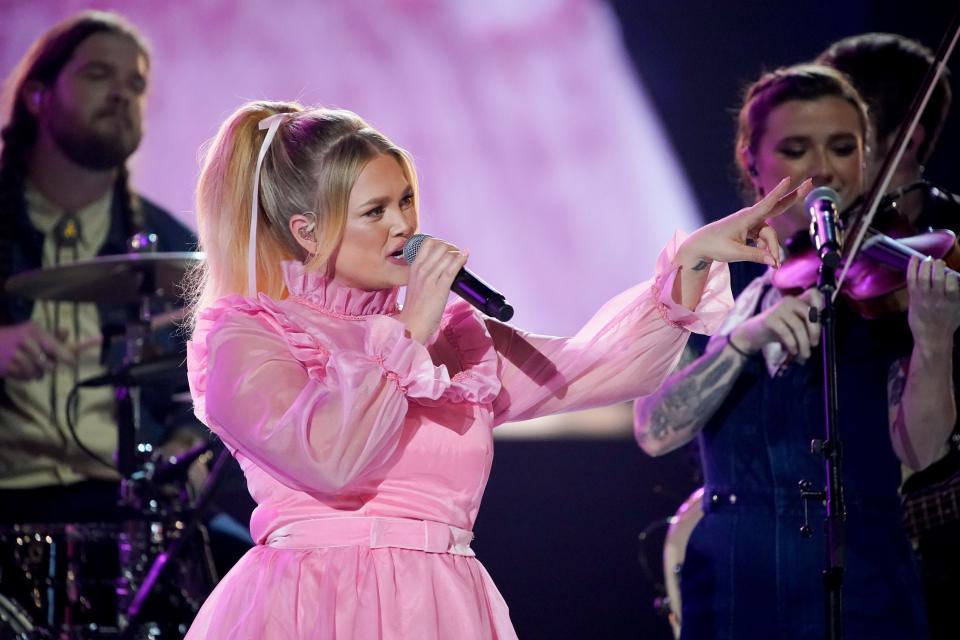
"It's appalling that men and women aren't even allowed to create commercially successful art on the same timeline," Watson says.
Watson and Diehl cite from a 2019 Brandi Carlile interview for Billboard Magazine: "I’m trying to picture in my head a 10-year-old girl right now in rural America who is only allowed to listen to that country radio station her parents [play]. And only every hour to hour-and-a-half can she hear a song that’s not about blue jeans and boobs, and beer and trucks and back roads. What does that say to her about life? That’s not a small problem.”
Is country's industry growing faster than it's able to change?
Though acknowledging that success while daunting is impressive, Watson bittersweetly highlights that a one-percenter female-rewarding industry ecosystem runs the risk of disincentivizing success achieved by programs like CMT's "Next Women of Country" and a series of women-defined playlists from top streaming platforms.
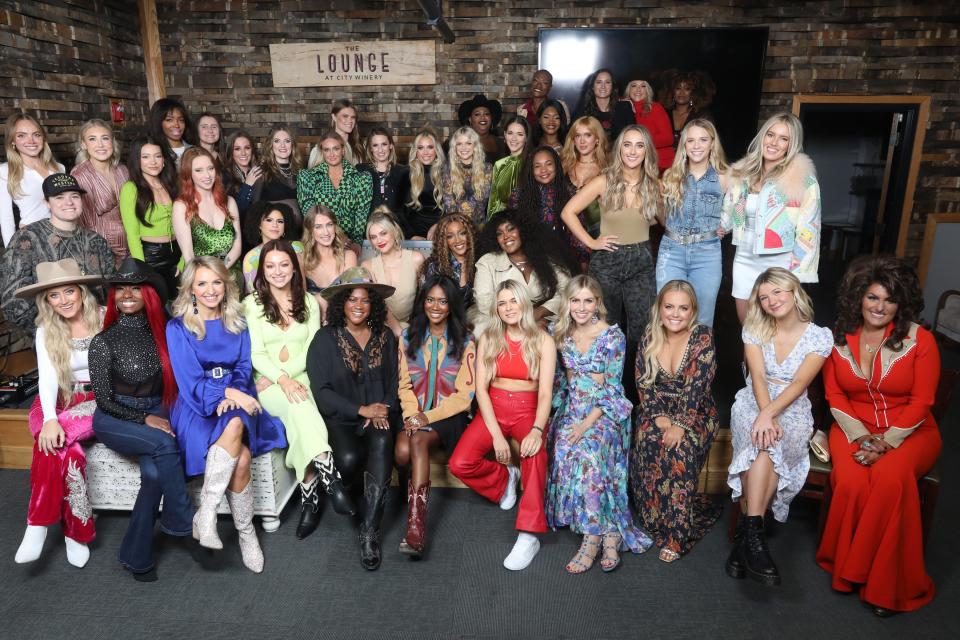
Watson makes a crucial point that attempts at wholesale reflection on gender parity are difficult in country's modern industry because, though work is succeeding to rectify these issues, country music's flawed growth as pop culture's most-defining genre grows even faster.
She's correct.
The potential remains high for conversations dominated by a larger, flawed industry to be overtaken by other inter-genre issues, including the surge of non-traditional sonic influences, solutions for racial equity that maintain a 70-year desire to platform Black men singularly as top-tier stars, and the desire to focus on retaining the significant effect of corporate marketing, plus live event and physical unit sales.
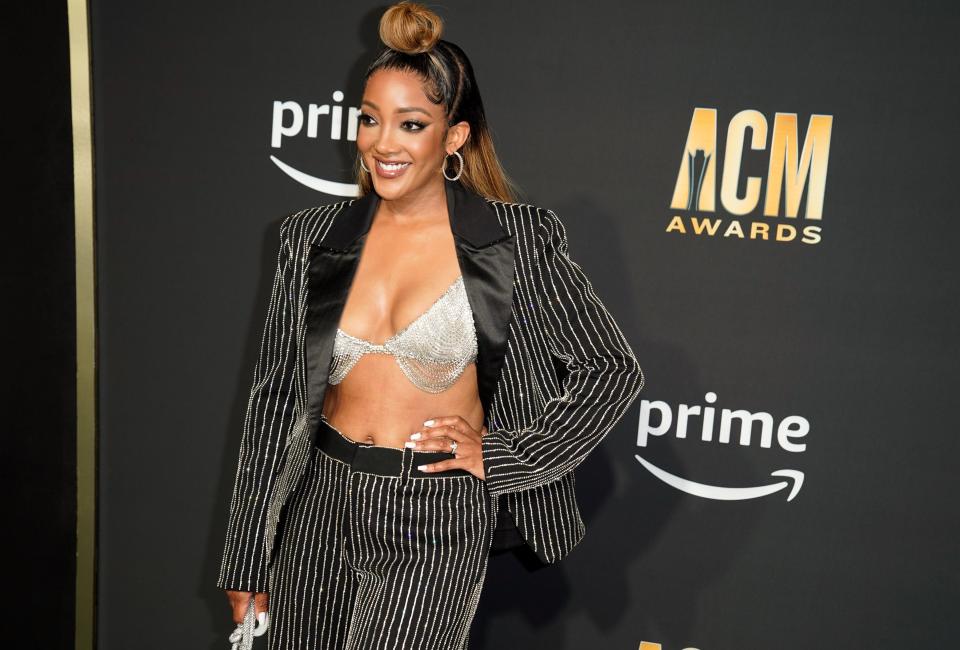
'The whole world is watching'
Watson's thought that networks like CMT making wholesale, gender-based change, while great, exist in an echo chamber when viewed mainly with indifference by an industry at-large that is concerned with other bottom-line issues, has a powerful historical corollary.
In 1963, the Rev. Martin Luther King Jr. stated: “Injustice anywhere is a threat to justice everywhere. We are caught in an inescapable network of mutuality, tied in a single garment of destiny. Whatever affects one directly affects all indirectly."
Opinion: Could a Black, queer woman top country music charts? She didn't – but her song did.
Watson continues her impassioned commentary with the following statement:
"Who are the label executives, the publicists, hair stylists, makeup, tour support, musicians, engineers, producers, songwriters, radio promoters, disc jockeys and journalists who support this culture in country music? For 100 years, straight white men have created, perpetuated and cemented alienating principles within the genre."
She continues with an even more profound consideration:
"With so many people interested in country than ever before, we also run the risk of perpetuating negative stereotypes at a moment when we have the potential to create the most significant amount of change."
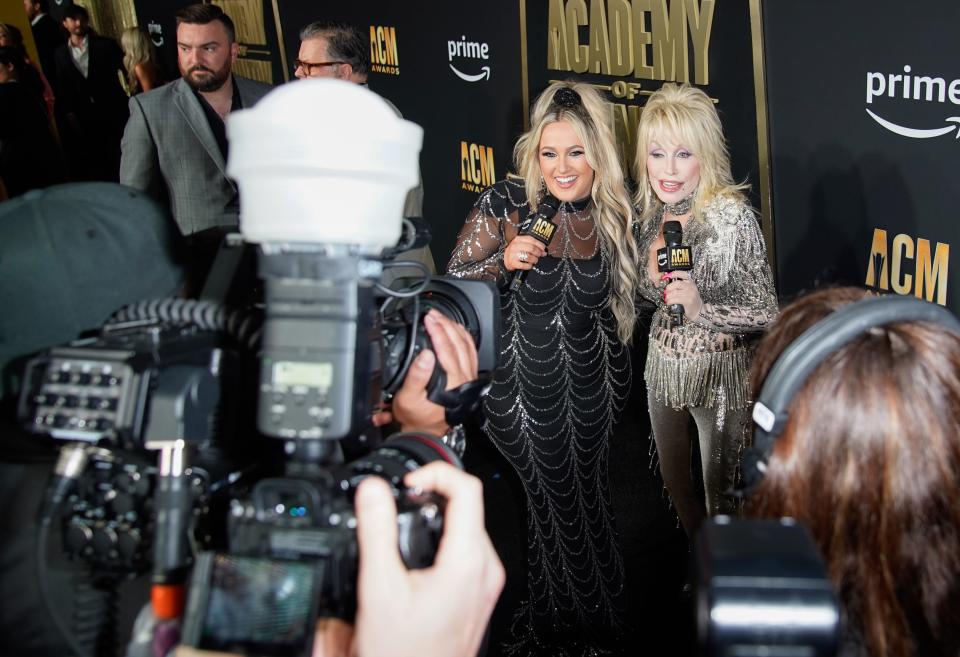
As Watson pauses, another impactful '60s-era statement springs to mind. When anti-Vietnam War demonstrators were beaten and arrested by police outside the Conrad Hilton Hotel in Chicago during the 1968 Democratic National Convention, many chanted one phrase:
"The whole world is watching."
Watson agrees that grassroots pressure being met by equal force from country music's mainstream could eventually sway the tides of historical progress in a direction that benefits women and marginalized people in country music.
More: How this all-female Indonesian band is using metal music to inspire change
Is the idea of change more provocative than change itself?
The most provocative notion to consider then is that promises for change from country's mainstream, of which there have been many in the past decade, serve as a tantalizing effort at shoving the metaphorical needle that, because it is not maintained with consistent effort, loses ground when countered by a century of the genre's history.
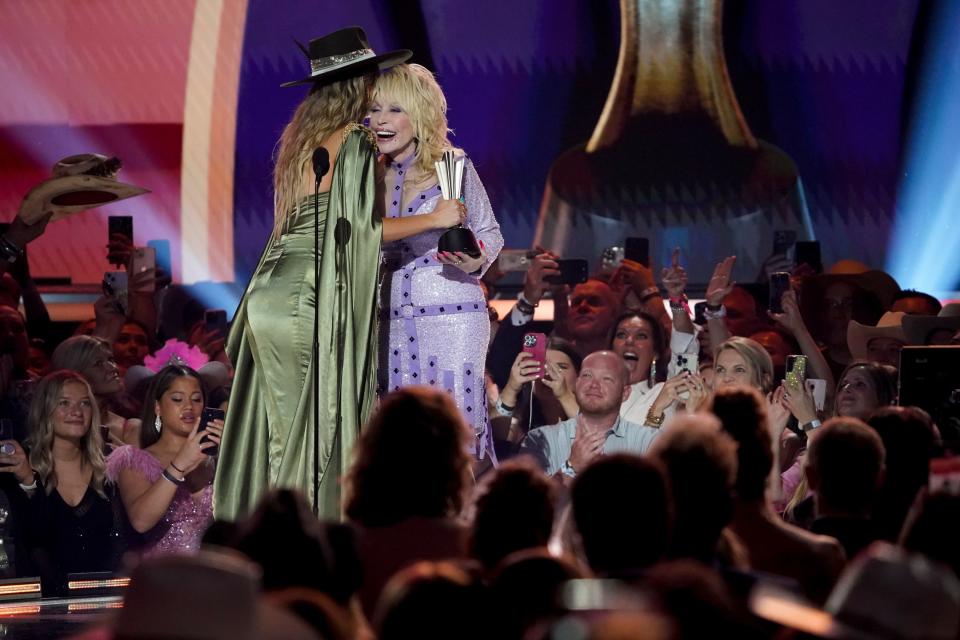
"I'm not optimistic we'll ever see a concerted effort [to maintain metaphorical forward needle movement] from the entire country music industry," Watson says. "All I can hope is that the now consistent power of anecdotal stories, compelling historical storytelling, and data-based historical research like mine about the flaws in country radio's formatting can be a more effective counter to the industry than we've ever had."
When asked about what the next best steps for the country music industry were following the release of her latest research, Watson paused and offered the following statement in a direct tone.
"Allowing country music to maintain any 'business as usual' frustrates the necessary growth of a broad, diverse and healthy community in the genre. It's increasingly difficult to remain visible because the barriers to visibility, especially in Nashville, are growing in height. But in using data to correct country's historical narrative, we can start the work of reframing the genre's culture — maybe that's where we can finally see [revolutionary] change occur."
This article originally appeared on USA TODAY NETWORK: Country radio's crossroads with female artists examined in new study

